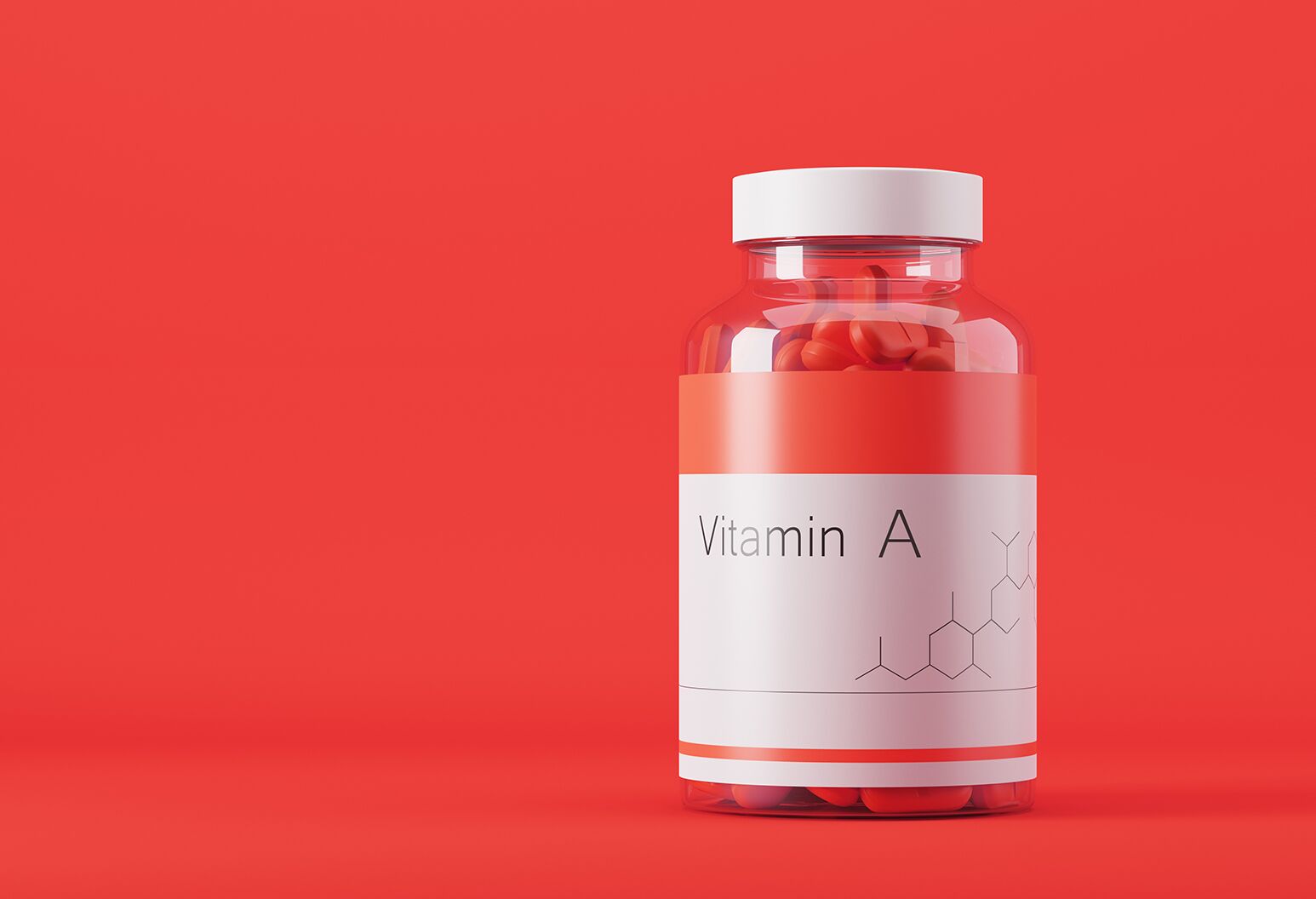infectious disease
Your Measles Questions, Answered

Social media is buzzing with claims about vitamin A and measles, but what does the science actually show?
4 min read
A flurry of headlines has recently claimed that vitamin A can “ward off” or even “cure” measles— but the truth is that it can’t. In fact, Dr. Eric Ascher, a family medicine physician at Northwell Health, says that taking too much vitamin A can actually do more harm than good.
In recent weeks, you may have spotted discussions on social media or heard politicians linking measles prevention to vitamin A, touting the nutrient as a solution. Vitamin A does play an important role in immune function, and in regions where it’s often deficient, supplementing can help reduce measles-related mortality. However, in well-nourished populations—such as the United States—relying on vitamin A instead of immunization could pose significant risks.
“Vitamin A can help you recover quicker if you’re deficient, but it absolutely doesn’t cure or prevent measles. The only means of prevention is vaccination,” says Ascher.
In certain low-resource settings, vitamin A deficiency remains prevalent. In these areas, when people contract measles, they experience more severe complications like blindness or pneumonia. For them, receiving vitamin A can be lifesaving, as studies show it can lower mortality rates. But this benefit is tied closely to existing deficiencies—in well-fed populations, it’s far less impactful.
By providing your email address, you agree to receive email communication from The Well.
So, contrary to what some headlines suggest, vitamin A supplementation won’t stop you from catching measles. No nutrient alone can do that. The measles virus is highly contagious, and the only reliable means of prevention is the MMR (measles, mumps, rubella) vaccine.
In fact, the Centers for Disease Control and Prevention estimates that two doses of the MMR vaccine provide about 97% protection against measles. In areas with high vaccination rates, measles is exceedingly rare. Outbreaks tend to pop up when vaccine coverage dips or the virus reenters through travel and finds a susceptible community.
For some, the idea that diet or supplements alone can protect against measles is appealing. Fear of medical interventions, distrust in the health care system, or a desire to stay “natural” can fuel the idea that a balanced diet (or one vitamin) is enough to ward off this virus.
“I understand why people would want a quick, natural remedy. But measles is super contagious. A healthy diet helps, but vaccines remain the critical line of defense,” says Ascher.
Because vitamin A is fat-soluble, excess amounts can accumulate in the body and cause toxicity, with symptoms ranging from headaches and dizziness to more serious organ damage if levels remain high. It’s also important to remember that over-the-counter vitamin A pills aren’t strictly monitored, making exact dosing difficult.
A balanced diet is one of the best ways to ensure you have adequate vitamin A. Think colorful fruits and vegetables, fortified dairy products, eggs, and fish. For most healthy individuals—especially those in high-income countries where malnutrition is rare—this is enough. But if you suspect a severe deficiency or have an underlying condition, speak to your doctor.
The Well is Northwell Health’s commitment to the future of health care. In this time of information overabundance, much of which is inaccurate, unhelpful, or even difficult to understand, Northwell Health is on a mission to make a difference as an honest, trusted, and caring partner. The site connects with consumers to provide them with personalized content that reduces their stress, makes them laugh, and ultimately feel more confident and capable on their healthcare journey.